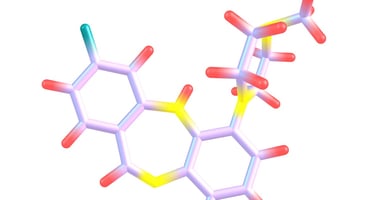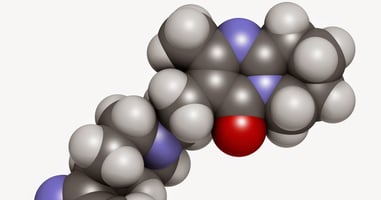International Schizophrenia Experts Develop Consensus Criteria for Relapse
 A team of more than 100 international experts in schizophrenia have collaborated in developing a consensus criteria defining relapse. Their recommendations were outlined yesterday in the American Journal of Psychiatry.
A team of more than 100 international experts in schizophrenia have collaborated in developing a consensus criteria defining relapse. Their recommendations were outlined yesterday in the American Journal of Psychiatry.The criteria include minimum and optimum requirements to meet the definition of relapse. Co-author Christoph Correll, M.D., a professor of psychiatry and molecular medicine at Zucker School of Medicine at Hofstra/Northwell, told Psychiatric News that the minimum requirements allow some reliable existing data sets to still be used while providing a “scalable way forward.”
Correll highlighted the following aspects of the criteria as most important:
- Use of field-tested, standardized rating instruments.
- Baseline and prospective assessment of symptoms, including a verifiable diagnosis of schizophrenia and at least one acute exacerbation of illness in the past.
- A period of at least 12 weeks of relative stability with no more than moderate severity of symptoms against which a relapse can be measured.
- Symptom worsening of at least one week duration with an increase in severity measured as an absolute change (as opposed to a percentage change).
John Kane, M.D., also a professor of psychiatry and molecular medicine at Zucker and study co-author, told Psychiatric News that the consensus criteria will have “real world” effects on patient care.
“Relapse contributes enormously to the cost associated with schizophrenia, and hospitalization is a major driver of health care costs,” Kane said. “Having these criteria helps us understand how we can best prevent relapse. What are the risk factors for relapse? What are the predictors? Is one medication better than another in preventing relapse?”
More detailed reporting on this AJP paper is online at Psychiatric News.
(Image: Getty Images/iStock/Eva Almqvist)





